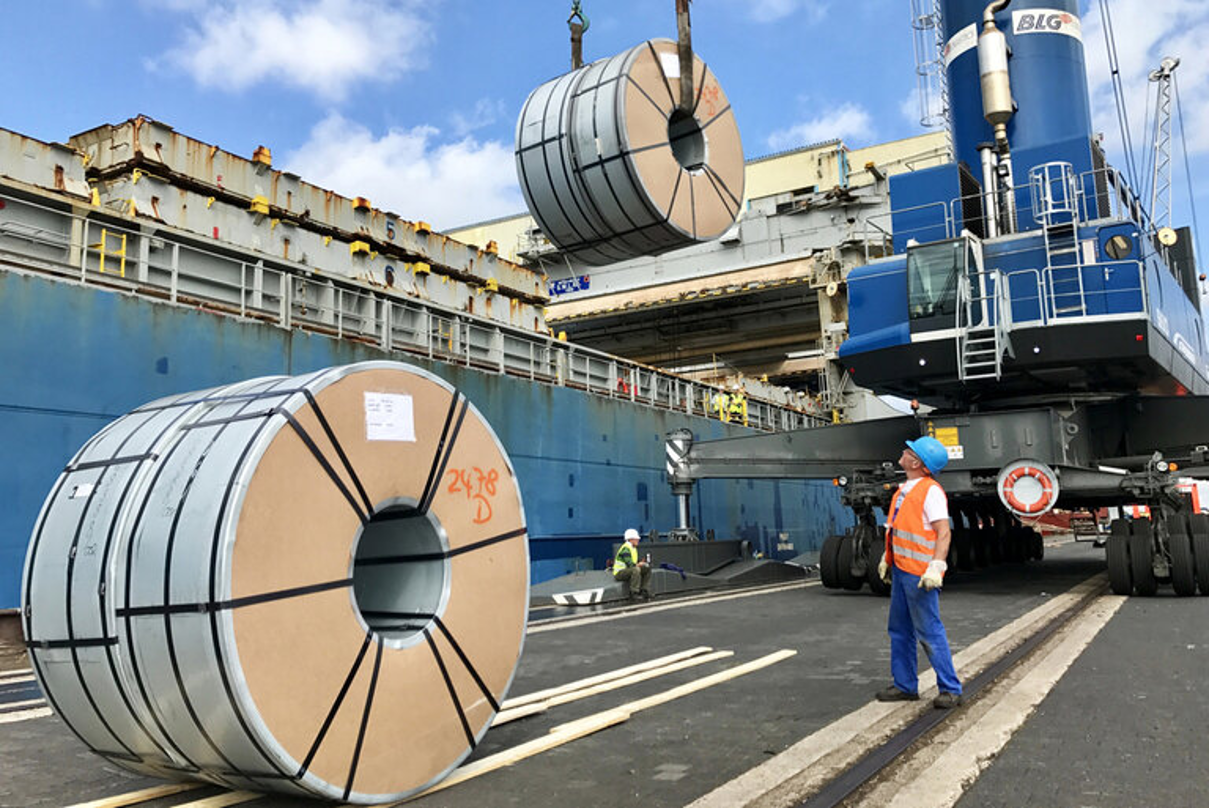Canada

January 11, 2018
Canada Contests U.S. AD/CVD Methods
Written by Sandy Williams
Is the United States violating World Trade Organization rules with its trade remedy methodologies? Canada says yes and has filed a complaint with the WTO alleging that the United States’ use of antidumping and countervailing duties violates international trade law.
Spurred by recent duties on paper, lumber and airplanes, Canada filed a complaint last month that was released on Thursday.
Canada argues that the U.S. levies penalties in excess of WTO rules and fails to issue full refunds following non-compliant rulings, improperly calculates rates and unfairly declares duties retroactive, limits evidence from interested parties presented in defense of AD/CVD allegations, and improperly allows “tie votes” to be treated as affirmative decisions.
“All of the U.S. measures described above nullify or impair the benefits accruing to Canada directly or indirectly under the cited agreements,” states the complaint to the WTO.
Foreign Affairs Minister Chrystia Freeland said in a statement Wednesday that the WTO complaint was in reaction to “punitive countervailing and anti-dumping duties against Canada’s softwood lumber producers” that are “unfair and unwarranted.”
Freeland called the action “part of our broader litigation to defend the hundreds of thousands of good, middle-class forestry jobs across our country.”
Canadian private-sector union Unifor supports the action by the Canadian government, saying U.S. duties on softwood and newsprint will cost the industry billions, as well as the loss of up to 25,000 jobs.
“The U.S. is trying to bully us, and we’re not going to stand for it,” said Unifor President Jerry Dias, in a statement. “Canada’s forestry sector is following the rules, and we’re confident we will prevail – again – in international tribunals.”
“Make no mistake, these tariffs are unfair and illegal,” said Scott Doherty, Assistant to the Unifor National President. “The impact on communities across Canada is significant, and reversing the tariffs has to be a top priority for the federal government.”
The 32-page complaint lists 122 cases of U.S violations involving Canada and other countries, including several cases of AD/CVD measures applied against steel imports from China and elsewhere.
USTR Reacts
“Canada’s new request for consultations at the WTO is a broad and ill-advised attack on the U.S. trade remedies system,” said U.S. Trade Representative Robert Lighthizer in a statement.
“Remedies ensure that trade is fair by counteracting dumping or subsidies that are injuring U.S. workers, farmers, and manufacturers. Canada’s claims are unfounded and could only lower U.S. confidence that Canada is committed to mutually beneficial trade.”
Lighthizer argued that if Canada’s claim with the WTO succeeds, it will hurt Canadian workers and business while benefitting other countries.
“For example, if the U.S. removed the orders listed in Canada’s complaint, the flood of imports from China and other countries would negatively impact billions of dollars in Canadian exports to the United States, including nearly $9 billion in exports of steel and aluminum products and more than $2.5 billion in exports of wood and paper products,” said Lighthizer.
“Canada’s claims threaten the ability of all countries to defend their workers against unfair trade. Canada’s complaint is bad for Canada,” he added.
Washington trade attorney Lewis Leibowitz said it is likely other countries may join Canada in its dispute since they would benefit from a resolution against the United States. It is unlikely, however, said Leibowitz, that a WTO ruling would result in the negation of any existing dumping or countervailing duties.
In addition, Leibowitz noted, “There is no guarantee that Canada will win all these points. The request for consultation is a first step. If the consultations are unsatisfactory (likely), then the Canadian government can file a formal request for a dispute settlement panel as the next stage.”
Resolution of the dispute could take years and could be complicated by the United States’ blocking of appointments to the WTO appellate body.
John Boscariol, a trade lawyer with McCarthy Tétrault, told CBA National, “Canada is taking a run against the entire U.S. trade regime.”
“It’s interesting that Canada has chosen to file such a broad complaint,” he said. “In the past, Canada has filed one-off cases in relation to a specific product or dispute such as softwood lumber. But this is very different in that it is really more of a systemic challenge to [U.S.] measures.”







